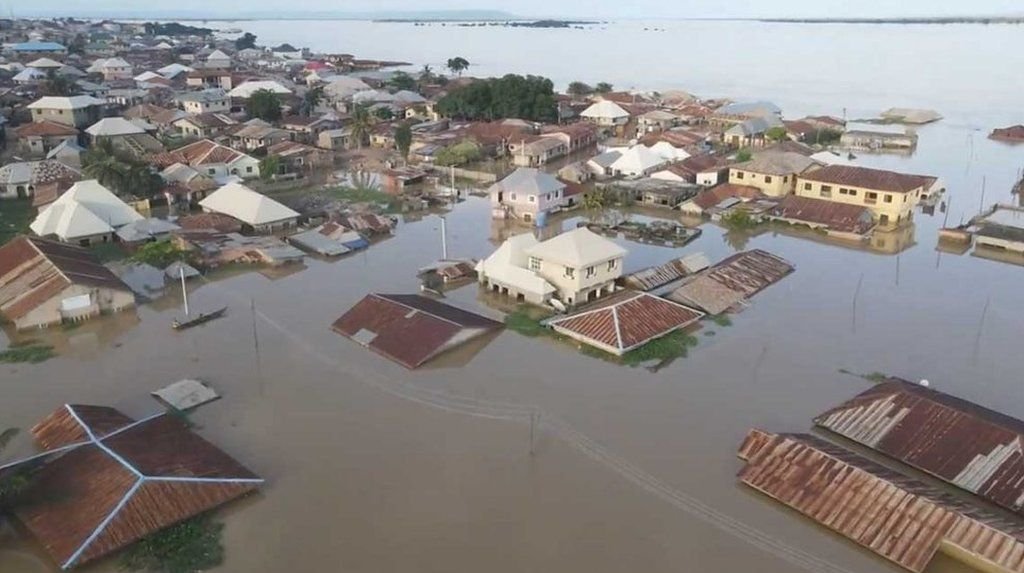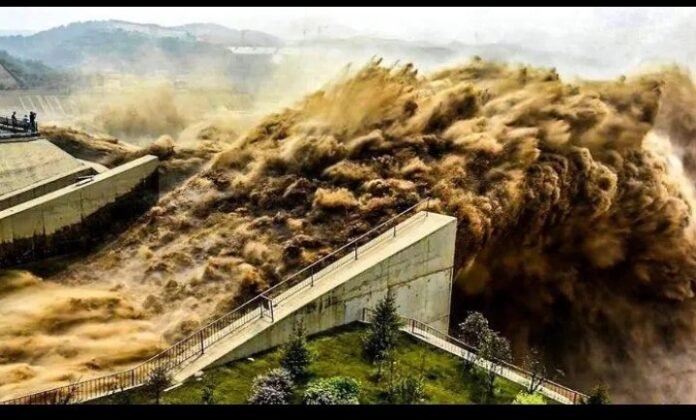The Cameroonian government has again warned Nigeria through Nigeria’s Foreign Affairs Ministry that it is about to release water from it’s Lagbo Dam which accumulated from excess rainfall this year.
This information was communicated to the National Emergency Management Agency (NEMA) by a letter dated August 21, 2023 and signed by the Director of African Affairs in the Foreign Affairs Ministry, Ambassador Umar Salisu.
Salisu wrote: “I have the honour to inform that the Ministry is in receipt of a Note Verbale from the High Commission of the Republic of Cameroon informing that the Cameroonian officials have resolved to open the flood gates of the Lagdo Dam on the Benue River in days ahead due to the heavy rainfall around the Dam catchment area in Northern Cameroon”.
The ministry warned that although Cameroonian authorities had promised “releasing only modulated variable small amount of water at a time in order to mitigate and avoid damages”, it nevertheless asked NEMA to “take all the necessary proactive steps and actions that will mitigate the damage as well as sensitize the populace living in such areas for vigilance and all necessary precautions”.
Previous water releases from the dam caused massive floods in Nigeria with devastating destruction of lives and farmlands in communities and states that lie on the course of River Benue.

In 2012, at least 10 persons died, thousands of homes submerged for weeks and even the streets of Makurdi, for example, were littered with live crocodiles and other dangerous creeping creatures.
In September 2022, an even worse flooding occurred killing 603 persons throughout Nigeria, washing out farmlands and submerging houses and other infrastructure in more than 13 states of Nigeria, and leaving millions homeless.
Although Cameroun keeps its bilateral agreement to proactively inform Nigeria of her scheduled water discharges from the dam to enable Nigeria take mitigating steps, the real solution had been for Nigeria to build another dam along the River Benue supposedly to be cited in Adamawa to hold excess water from the Lagbo Dam.
Apart from controlling flooding, the new dam could be used to generate electricity, improve fishing and the general “blue economy” for Nigeria.
The inability of Nigeria to construct this dam since 1982 suggests that the suffering of the people and huge economic losses due to the perennial flooding from Lagbo Dam has been self-inflicted.
NEMA has only directed residents of coastal lands to relocate to upland until the floods recede.
Do you like this story? Please Like 👍, Comment, Share & Follow us on our social media handles.







